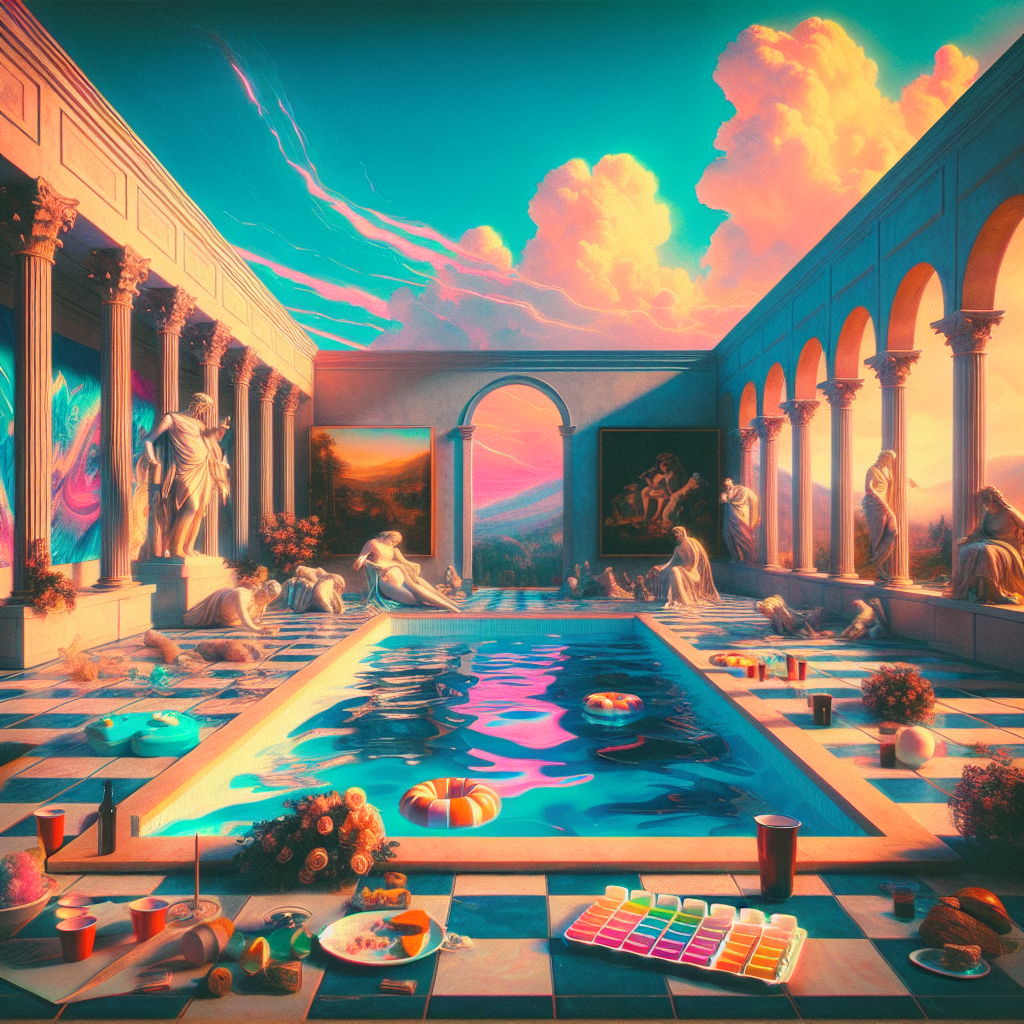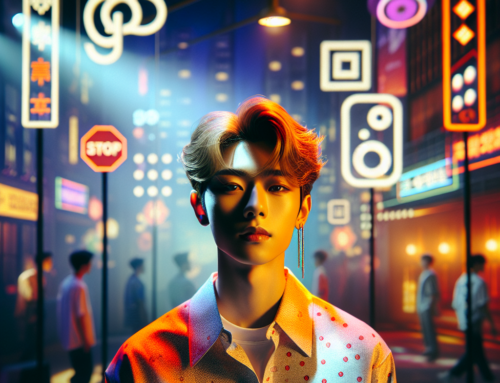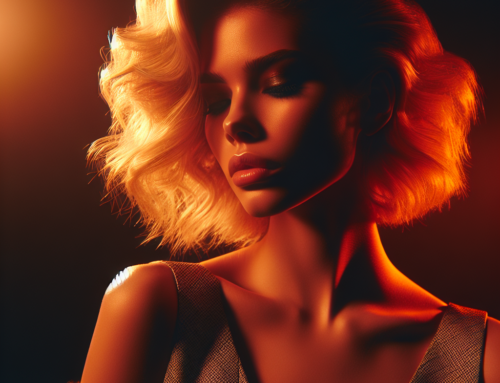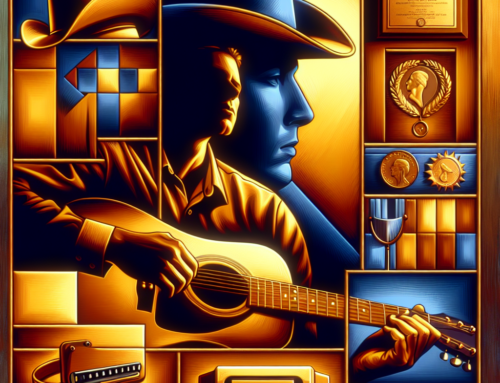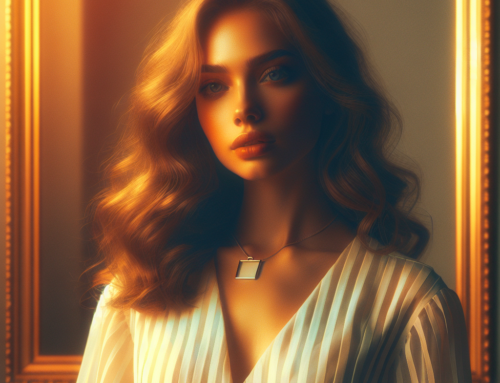-
Table of Contents
“`html
Vaportrap: A Fusion of Vaporwave and Trap Music
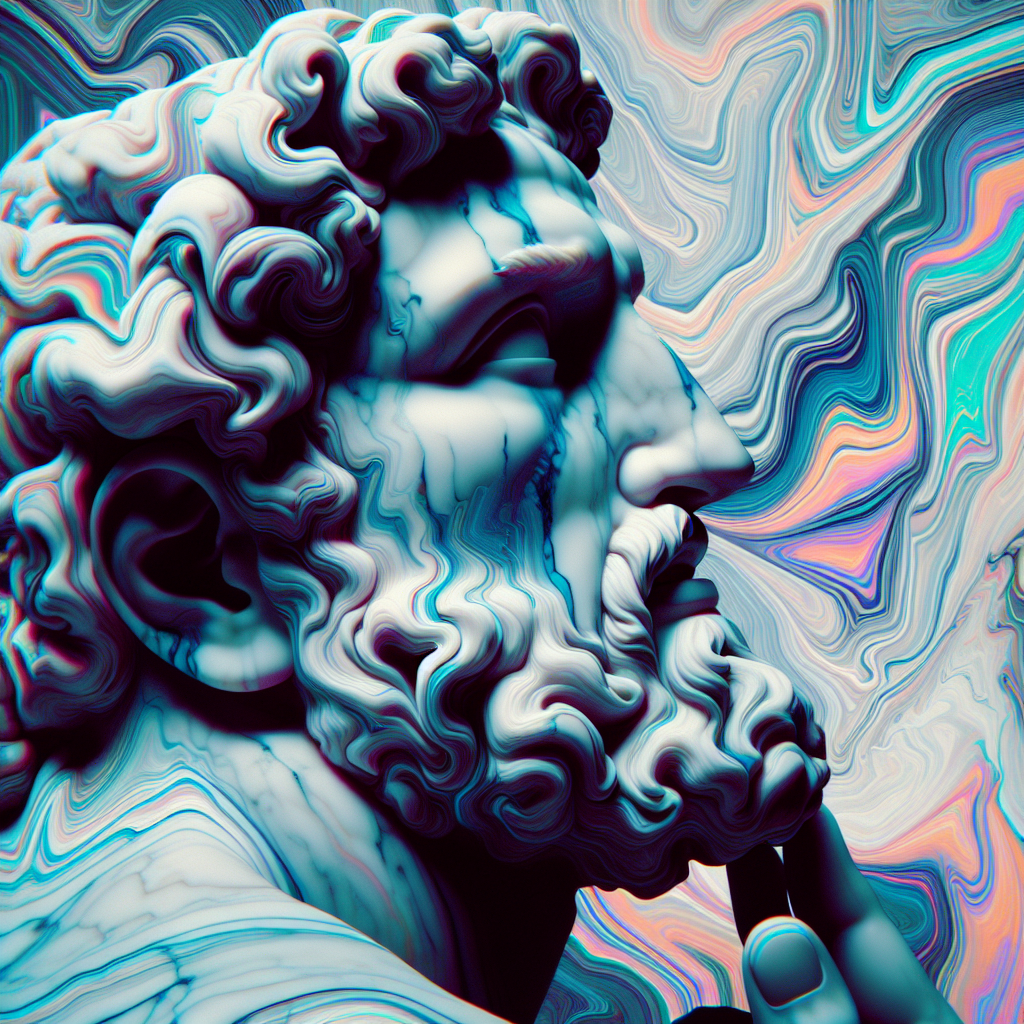
Vaportrap is an innovative genre that blends the nostalgic and surreal elements of vaporwave with the rhythmic and bass-heavy beats of trap music. This fusion has created a unique soundscape that appeals to a diverse audience, offering both a sense of nostalgia and modernity. In this article, we explore the origins, characteristics, and impact of vaportrap, providing insights into its growing popularity.
Top 5 Tips for Understanding Vaportrap
- Explore the roots of vaporwave and trap music to understand their influence on vaportrap.
- Listen to popular vaportrap artists to get a feel for the genre’s unique sound.
- Pay attention to the visual aesthetics often associated with vaportrap music videos and album covers.
- Understand the cultural and social contexts that have contributed to the rise of vaportrap.
- Engage with online communities and forums to discover new vaportrap music and artists.
Origins of Vaportrap
The Birth of Vaporwave
Vaporwave emerged in the early 2010s as an internet-based microgenre characterized by its use of retro aesthetics, sampling of 1980s and 1990s music, and a focus on consumer culture. It often features slowed-down tracks, reverb, and a dreamy, nostalgic feel. The genre quickly gained a cult following, with its visual style becoming as iconic as its sound.
The Rise of Trap Music
Trap music originated in the Southern United States in the late 1990s and early 2000s. Known for its aggressive lyrics, heavy use of hi-hats, and booming bass, trap has become a dominant force in mainstream music. Artists like T.I., Gucci Mane, and Young Jeezy were pioneers of the genre, which has since evolved and diversified.
The Fusion: Vaportrap
Vaportrap combines the ethereal and nostalgic elements of vaporwave with the hard-hitting beats of trap. This fusion creates a sound that is both relaxing and energizing, appealing to fans of both genres. The genre often features dreamy synths, chopped and screwed samples, and trap-style percussion.
Characteristics of Vaportrap
Vaportrap is defined by several key characteristics that set it apart from its parent genres:
- Atmospheric Soundscapes: Vaportrap often features lush, ambient soundscapes that create a sense of nostalgia and otherworldliness.
- Trap Beats: The genre incorporates the rhythmic elements of trap, including hi-hats, snares, and booming basslines.
- Sampling: Like vaporwave, vaportrap frequently uses samples from older music, commercials, and media, often slowing them down and adding effects.
- Visual Aesthetics: Vaportrap is often accompanied by visuals that draw from retro-futuristic and cyberpunk themes, enhancing the overall experience.
Impact and Popularity
Vaportrap has gained popularity through platforms like SoundCloud and YouTube, where artists can easily share their music with a global audience. The genre’s unique blend of sounds and visuals has attracted a diverse fanbase, from electronic music enthusiasts to hip-hop fans.
Case Study: Blank Banshee
One of the most notable vaportrap artists is Blank Banshee, whose album “Blank Banshee 0” is considered a seminal work in the genre. The album combines vaporwave’s nostalgic elements with trap beats, creating a sound that is both familiar and innovative.
Statistics and Trends
According to a 2022 report by Music Business Worldwide, genres like vaportrap are seeing increased streaming numbers, with a 15% rise in listenership over the past year. This growth is attributed to the genre’s appeal to younger audiences and its presence on social media platforms.
Conclusion
Vaportrap represents a fascinating fusion of two distinct musical styles, offering listeners a unique auditory experience. Its blend of nostalgia and modernity, combined with its striking visual aesthetics, has made it a compelling genre for a wide range of music fans. As vaportrap continues to evolve, it will undoubtedly influence and inspire future musical innovations.
For more information on the origins and characteristics of vaporwave, you can visit Wikipedia.
“`
